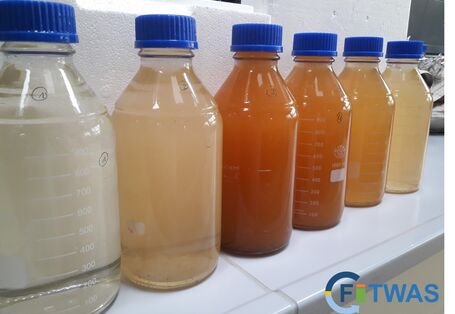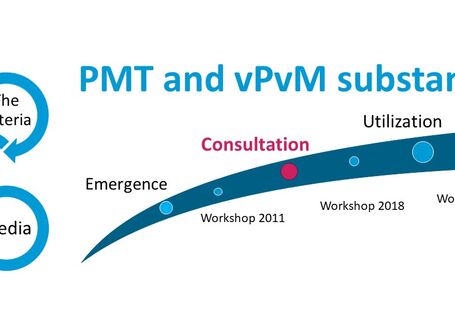Reference Values for Assessing Micropollutants in Water Bodies
On this page, you will find an overview of reference values for assessing the human toxicological and ecotoxicological risk of micropollutants in water bodies. Threshold or guideline values can be used as a reference value. Reference values for surface water, drinking water and groundwater are presented.





